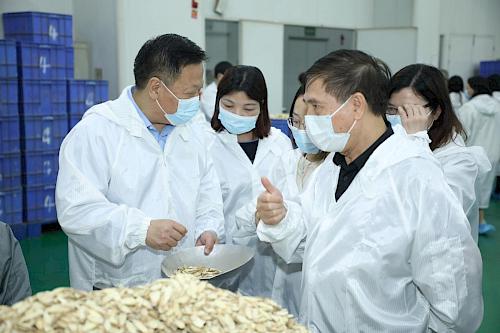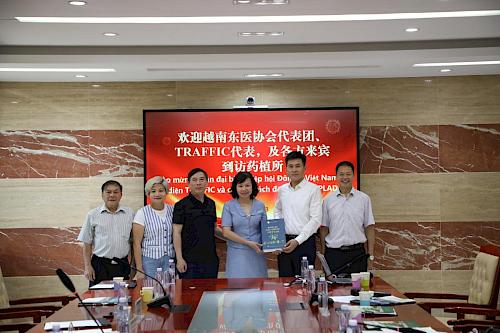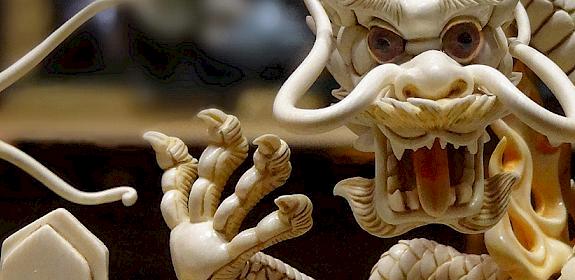China and Viet Nam Join Forces for Sustainable Traditional Medicine
An international agreement is laying the groundwork for a more sustainable future for traditional medicine (TM), and the biodiversity it depends on.
In a landmark step forward, leading TM associations from China and Viet Nam have signed a long-term cooperation agreement to promote sustainable, ethical practices in the TM sector: a major user of wild-sourced medicinal ingredients, including from threatened species.
Signed in Beijing on 13 May 2025, the Memorandum of Understanding (MoU) between the China Association of Traditional Chinese Medicine (CATCM) and the Vietnam Oriental Traditional Medicine Association (VOTMA) builds on recent high-level government agreements and reflects a shared commitment to public health, biodiversity conservation, and responsible trade.

The agreement was formalised during a bilateral exchange event co-hosted by CATCM and TRAFFIC China and attended by a Vietnamese delegation of TM experts. TRAFFIC plays a key role in the initiative: supporting both countries to integrate sustainability into TM practices, phase out endangered wildlife ingredients, and align with global frameworks like the Kunming-Montreal Global Biodiversity Framework.
This partnership not only advances the global, safe, and legal utilisation of medicinal materials but also plays a pivotal role in mitigating the risk of endangered species like rhinos being used in traditional medicinal applications.”
Ling XU, Director of TRAFFIC China
Over two days, participants discussed policy, shared best practices, and visited leading TM companies and institutions across Beijing. These included:
- Leading TM pharmaceutical facilities
- The Institute of Medicinal Plant Development (IMPLAD)
- The History Museum of the China Academy of Chinese Medical Sciences
- The working studio of Professor Tu Youyou, Nobel Laureate in Physiology or Medicine
By pooling our expertise and resources, we can accelerate sustainable innovations, such as jointly advancing research to find alternatives to wildlife-based medicinal materials, including those from rhino, tiger, and other endangered species historically used in traditional medicine. This marks a milestone for regional collaboration in ethical biodiversity stewardship.”

Dr. Đỗ Thế Lộc, Chairperson of VOTMA
These exchanges helped lay the foundation for deeper cooperation on:
- Researching sustainable alternatives to wildlife-derived ingredients (like rhino horn and other endangered species products that are prohibited in the use of TM)
- Sharing CITES implementation experiences
- Improving law enforcement cooperation
- Encouraging innovation that respects biodiversity and cultural heritage
Mr. Xian WU, Executive VP of CATCM, added:
“China and Viet Nam are united in advancing sustainable traditional medicine through innovation and cultural preservation. This collaboration exemplifies how tradition and technology can coexist to address global health challenges.”
A cross-border effort for global health and nature
This work is part of a larger initiative led by TRAFFIC, co-organised by its offices in Viet Nam and China, and supported by WWF Germany with funding from the German Federal Ministry for the Environment, Nature Conservation, Nuclear Safety and Consumer Protection (BMUV).
By building long-term cooperation between key TM associations and promoting sustainability at the source, this partnership aims to:
- Reduce demand for endangered wildlife products
- Promote conservation-aligned healthcare
- Inspire regional and global models for sustainable TM
By uniting centuries of healing tradition with modern sustainability, this partnership offers a powerful model for how traditional medicine can protect both human health and the planet — not just in Asia, but worldwide.





